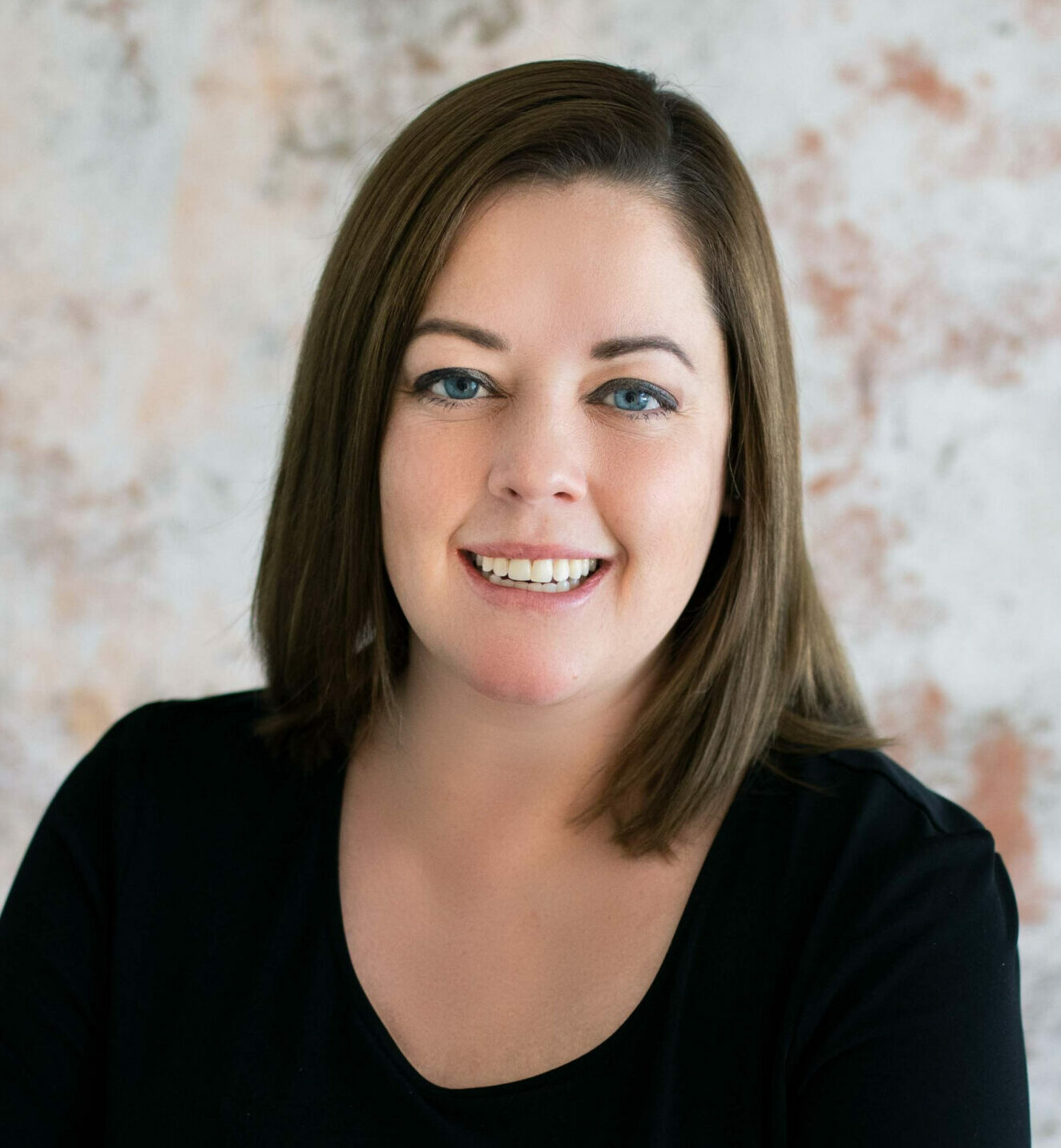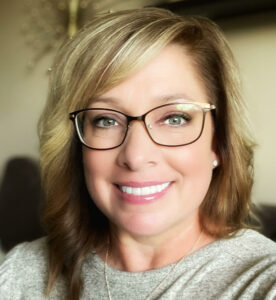I recently spoke to a group of about 50 residents at one of the top dental schools in the country. At one point, I asked them who was ready to own a dental practice within a year of finishing residency. About 10% of the hands went up.
I was surprised. So I asked the other 90% of the room what was holding them back.
The majority said that they do want to own, but they don’t feel ready. Instead of hard data, numbers, or statistics, I noticed that a lot of the language they used had the word “feelings” included.
“I don’t feel ready.”
“I feel like I need to practice a little before I settle down into ownership first.”
“I feel like I need to get my student loans under control, and then I’ll be ready to own a practice.”
Feelings are important. I never want to diminish the importance of someone’s feelings. But, let me give you some perspective on what it actually takes to feel ready to own a practice. With some education and additional information, you might feel ready a lot sooner than the average dentist.
You’ll need five things.
These five things are generally dictated by the banks from whom you’ll be borrowing the money you need to buy the practice. But there are good reasons for the rules.
Cash
You’re going to need some cash to buy a dental practice. The cash needs to be sitting in a liquid account that can be accessed with no penalties. Checking, savings, and taxable brokerage accounts tend to be the most common. Cash you’ve saved in a retirement savings account like a 401k or IRA are good but aren’t typically counted.
The amount you need to have saved will vary based on the practice you’ll buy, but a good rule of thumb is the lesser of 10% of the purchase price of a practice or $50,000. For example, if you’re looking to pay $400,000 for a dental practice, you’ll be okay to have $40k saved. If you’re buying a practice for a million, you’re almost certainly okay to have $50k saved, even though it’s only 5% of the purchase price.
The reason you need cash isn’t that you’ll need to hand it over to the bank to buy a practice. The bank will very likely fund 100% (usually with an extra $50-75k in working capital thrown in) of the purchase price of the practice. The cash needs to be there for two very good reasons.
First, with some cash saved in the bank, you’re signaling to the bank that you’re the type of dentist who doesn’t go crazy with their spending upon graduating when he’s finally making some money. You’re responsible. You can save money.
Second, the cash is there in case of an emergency. There could be a personal catastrophe, natural disaster, or some other problem that causes issues in the business shortly after you buy the practice. Having the cash provides a cushion to fall back on in case the worst happens.
If practice ownership is in your future, I recommend you prioritize saving cash ahead of paying down your student loans. This is counterintuitive. But it’s absolutely the best course of action for dentists. You can read more about why you should buy a dental practice before your student loans are paid off here.
Production History
The second crucial piece you need to have in place to feel ready to buy a practice is some production history. For general dentists, you need to be able to show you can produce around 80% of what the seller is currently producing. So, if a practice is producing $1 million in dentistry every year and hygiene is 25% of that number, the dentist is doing $750,000. You need to show, on paper to the bank (usually in the form of a production report), you can do $600,000 ($750k x 80%) of annual production.
It would be unreasonable to expect the (usually younger and less experienced) buyer to be able to match the breadth, experience, and speed of the seller, but you ought to be able to get reasonably close. You want to buy a business with a reasonable expectation that you can keep up with the speed of patients and procedures, and production history is a good proxy.
Credit Score over 680
Banks will pull your FICO credit score to add a data point to their decision on your creditworthiness. The do-not-pass-go number for most reputable dental lenders is 680 with very little wiggle room.
Some banks used 680 as a pass/fail score and a person with a 681 wouldn’t get a better rate if their score was in the 800’s. Other dental lenders do factor in where the credit score falls on the scale and adjust the rate offered accordingly.
Clean Credit History
It’s relatively uncommon, but does happen that a dentist applying for a loan will have a significant credit blemish on their report. Bankers tell me the most common blemishes they see are personal bankrupcty and a short sale on a property.
You can see your credit report annually for free at annualcreditreport.com. Check your report before you apply for a dental loan to avoid any surprises and clean up mistakes that have crept in, if necessary. Make sure your credit report is clean.
About a Year’s Worth of Experience
The least hard-and-fast rule of the five is that you need at least a year’s worth of experience. This requirement has the most wiggle room, but don’t think that the wiggle room is large. For the vast majority of dentists, banks won’t lend you money without about a year’s experience practicing as a dentist.
The experience is necessary for a few reasons. First, some time as an employee allows you to build up the necessary production history. Second, time at work allows you to build up some cash. Finally, banks have learned that dentists tend to shift their career goals and priorities relatively quickly soon after school and residencies. The one-year rule is an implicit encouragement to figure life out a little better before making the huge decision of which practice to buy.
For the less patient out there, there are exceptions to this rule. But they’re very rare. Specialists who completed a residency where they can show some production and procedure history can sometimes get exceptions. General dentists with access to signficant funds and an extremely compelling story and relationship to a seller can sometimes get a bank to fund a partial exception, too. But for the most part, the prudent, wise move is to work for at least one year after graduation before buying a practice.
One word of caution: it’s wise to wait a year to buy a practice, but the far greater worry I have are the vast majority of dentists who create other priorities for themselves to avoid making the hard decision to buy a practice. I call these “sensible hiding places.” It can feel overwhelming to find, analyze and take on the debt necessary to buy a dental practice.
But it’s absolutely the best move for most dentists.
And you’ll feel great once you do.
Lastly, I’ve found that the banks vary a little in their application of these rules. But the individual bankers matter far more than the bank themselves. This is because the bankers have relationships with the underwriting teams and can champion certain deals. If you need a line on a good banker to contact, let me know and I’ll put you in touch with the best person for your situation. Email is best: brian@brianhanks.com
—————————————————————
I created a guide called “77 Questions to Ask to Avoid Buying the Wrong Dental Practice.”
Get the guide here for free (all I ask is a quick share in return).
—————————————————————
Share the article with a friend. They can use this link to sign up to get awesome articles like this every week.
—————————————————————
Read more below about how to buy a dental practice because good advice is important!
Improve Your Case Acceptance Rate – Dry Clean Your Shirts
Dental Transition Gold – The Inactive Patient Marketing Plan
Negotiating a Dental Practice – Don’t Be THAT Buyer






